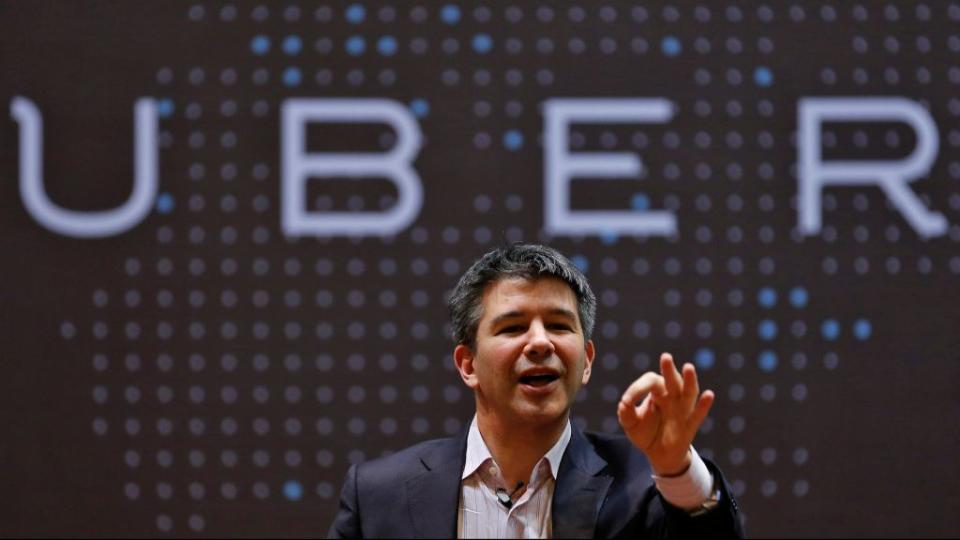How to really reform a toxic company culture, at Uber or anywhere else

Reports about Uber over recent weeks suggests the management and culture of the ride-sharing startup is horribly broken.
To recap:
CEO Travis Kalanick announced yesterday (Feb. 28) he needed help as a leader after he was caught on video berating a driver who complained about declining wages.
That followed a Feb. 19 blog post by former Uber engineer Susan Fowler, who described allegations of widespread sexual harassment at the company and her subsequent Orwellian treatment by a hostile human resources department.
Those allegations prompted other women to come forward with similar accounts, and led Uber to fire a high-ranking executive for not disclosing similar complaints made against him before he was hired from Google.
All of this comes against a backdrop of declining pay and worsening conditions for the drivers, who are—for now, anyway—the life blood of Uber, as the company competes ferociously with other ride-sharing services.
The common thread is a culture that places results above all other considerations, including the well-being of its employees. Uber seems to have allowed the culture to persist—and even flourish—despite the abundant evidence that a toxic culture can drive off talented employees, stifle innovation, reduce productivity, and even tempt workers into breaking the law.
The good news for Uber—and the anxious investors who have driven the company to a $68 billion valuation—is that its culture can be fixed. The bad news is that it won’t be easy.
Kalanick’s admission he needs help is an important first step. A company’s culture is set at the top, and no attempt to fix it will work without buy-in from the chief executive, says Neil Hartman, a senior lecturer at the MIT Sloan School of Management. CEOs need to model the behaviors they wants to see in their companies. Fortunately for Kalanick, an entire industry of executive coaches has developed to help leaders smooth out their rough edges.
The harder change comes in resetting the culture among the rank-and-file. To change, an organization needs to announce its intentions, make some big moves to show it’s serious, and then—critically— establish new systems of hiring, promoting, and paying employees to support the change, says Amy Wrzesniewski, a management professor at Yale. If a company says it values teamwork, for example, it needs to promote the workers who work well together, not its high-performing lone wolves.
Uber uses a stack-ranking system for evaluating employees, which means a certain number must always be at the bottom. The system was championed at General Electric by former GE CEO Jack Welch, but it’s a method of evaluation that’s increasingly falling out of favor, including at GE. Stack ranking encourages internal competition, which can be healthy in some organizations but became vicious at Uber. Fowler, in her blog post, describes a Game of Thrones-like atmosphere of managers undermining their supervisors in order to take their jobs, and a pervasive culture of fear and paranoia.
If Uber is serious about changing its culture—as Kalanick has pledged— its incentive structure needs to align with its values, and it can’t reward employees who violate them.
“If you have someone who gets big results, but are anti-team, and they’re up for a big promotion, that’s a big moment,” Wrzesniewski said. If management ignores its own values to promote an employee in opposition to them, it can send a powerful message that the company really doesn’t believe in its culture. Instead of fighting to retain high-performing employees who don’t fit into Uber’s desired culture, the company should wish them well in a new job elsewhere.

Sign up for the Quartz Daily Brief, our free daily newsletter with the world’s most important and interesting news.
More stories from Quartz:

 Yahoo Finance
Yahoo Finance 